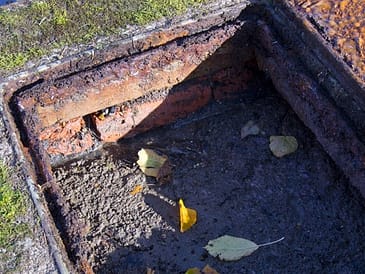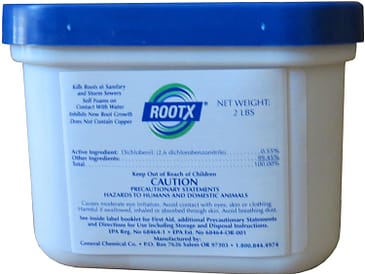Copper sulfate is a vibrant blue crystalline compound used widely in agriculture, industry, and home maintenance. One of its most effective and budget-friendly applications is in maintaining septic systems by preventing root intrusion and supporting waste breakdown.
Benefits of Copper Sulfate for Septic Tanks
Copper sulfate dissolves in water and releases copper ions that disrupt the cell membranes of bacteria, algae, and roots. This makes it an effective septic tank treatment. Here’s what it helps with:
- Prevents tree root intrusion into pipes and drain fields
- Controls algae and bacterial overgrowth
- Reduces odors from decomposing organic matter
- Extends the lifespan of your septic system
Real-Life Example
“We were about to dig up half the yard until our plumber suggested copper sulfate. It worked like a charm — the roots are gone and everything is flowing again.” – Janet R., homeowner
After two treatments six months apart, Janet avoided a $5,000 excavation and repair bill. The root issue was resolved for under $50.
Application and Dosage Instructions
- Flush 2 lbs of copper sulfate down a toilet that’s nearest the septic system.
- Do not apply through sinks or bathtubs to avoid pipe corrosion.
- Repeat every 6–12 months depending on root activity and tank size.
Safety Tip: Wear gloves and eye protection. Store the product away from pets and children.
Environmental and Regulatory Considerations
While copper sulfate is effective, improper use can harm aquatic life. Avoid runoff into waterways and follow local laws—use is restricted in areas like Connecticut and parts of California. Check your local regulations.
Alternatives to Copper Sulfate
- Enzyme-based treatments: Encourage bacterial breakdown of solids.
- Oxygen-based treatments: Promote aerobic bacteria growth.
- Biological additives: Introduce helpful microbes to the tank.
- Physical root barriers: Prevent root encroachment in the first place.
Comparison Table
| Treatment | Effectiveness on Roots | Eco-Friendly | Cost | Maintenance Frequency |
|---|---|---|---|---|
| Copper Sulfate | High | Moderate | Low | 6–12 months |
| Enzyme Additives | Low | High | Moderate | Monthly |
| Biological Additives | Low | High | Moderate | Quarterly |
| Physical Root Barriers | High | High | High | 10+ years |
FAQs
Will copper sulfate damage my pipes?
No, not if used correctly. Avoid metal pipes when possible.
How long does it take to work?
Effects start within 1–2 weeks; full root death can take months.
Is it safe for the environment?
In moderation, yes. Avoid overuse and keep away from natural water sources.
Expert Quote
“Copper sulfate is a time-tested solution for root control in septic systems. It’s affordable, easy to use, and prevents costly damage down the road.” – Mike Lambert, Licensed Septic Technician
Best Practices for Septic Maintenance
- Pump tank every 3–5 years
- Use water-efficient appliances
- Do not flush wipes, grease, or chemicals
- Keep trees at least 30 feet away from drain field
Conclusion
Copper sulfate is an effective root killer and septic tank treatment when used properly. Combine it with routine care, smart plumbing habits, and eco-friendly options to ensure a long-lasting and healthy septic system.
Remember: Consult with a septic service professional before applying any chemical treatments. Follow safety instructions and dosage recommendations.





